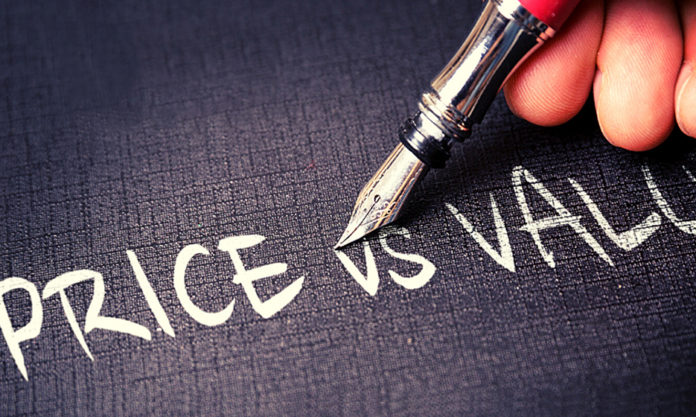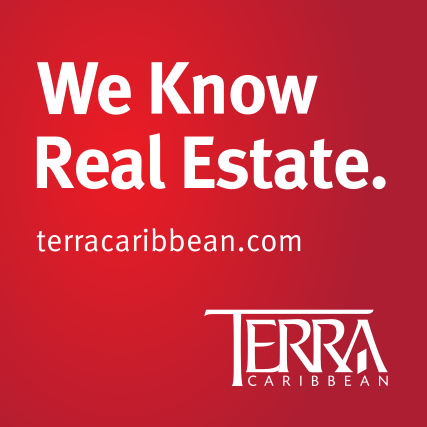
Price vs Value: Terra Caribbean Trinidad & Tobago
With all the conversation about price reductions in recent months and valuations in a pandemic year, most people have been using the words “price” and “value” interchangeably. What really is the difference between price and value? Furthermore, what determines both factors?
What is Price?
The list price or asking price is usually the price that the vendor/owner sets for the property, and that price is used in the marketing and advertising of said property. This price is not necessarily the sale price and, in some cases, not even the value of the property. Hence, from a professional Realtor’s perspective, the asking price is an indicator or suggestion of a range that the vendor will accept for his/her property.
What is Value?
The “value” of a property can be subjective, but from the perspective of a professional Valuer, Market Value as interpreted by the Royal Institution of Chartered Surveyors (RICS), is “the estimated amount for which an asset or liability should exchange on the valuation date between a willing buyer and a willing seller in an arm’s length transaction after proper marketing and where the parties had each acted knowledgeably, prudently and without compulsion.” In other words, market value is that sweet spot at which both buyer and seller agree that this property should exchange hands.
What are the factors of Price?
Generally, a valuation report should help in determining the price of a property but at times, sentimentality plays a bigger role in the owner’s mind as to the value and thus, the price. Additionally, the amount invested into the property acts as a factor of price for the owner. However, the amount invested into the property does not always equate to a similar increase in the value of the property.
What are the factors of Value?
According to the RICS, the determining factors include market trends, the location of the property, statutory recommendations, and other notable facts about the property. Valuations are inherently based on historical data and relate to conditions at the date of valuation.
Why do we mix these up?
It depends on which side of the transaction you reside. Buyers are guided by the price tag as this is a financial decision and they may not understand the intrinsic value that this house will bring in the future. Meanwhile, vendors/owners are guided by that emotional factor of disposing a home that was much more than a price tag to them, especially in these times. Thus, some sellers hold fast to their price, sometimes ignoring the real extrinsic value.
Herein lies the gap between what buyers offer and sellers accept.
The Solution?
To buyers, remember that property values increase in the long term. Therefore, it may be foolhardy to focus solely on price, especially if the transaction has reached an impasse over a marginal number.
To sellers/vendors, remember that the market is constantly changing. Therefore, if the offer on the table does not match your asking price, it may be foolhardy to focus solely on your opinion of value or emotional attachment,especially if the transaction has reached an impasse over a marginal number.
Property prices are set by the market and in your ongoing transaction, YOU are the market. Today’s transaction becomes tomorrow’s comparable data.



